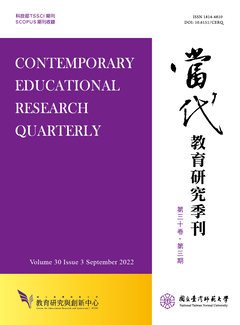

In order to promote academic freedom and academic development, it is a generally accepted principle that universities should be autonomous and free from arbitrary governmental interference. However, to say universities enjoy the right of autonomy does not necessarily imply that universities are free from restrictions. Article 162 of the Constitution empowers the state to prescribe laws to supervise university autonomy. Of all the relevant laws, Article 5, Paragraph 2, of the University Act authorizes the Ministry of Education to accredit universities. Although the intended purpose of university accreditation is to enable individual universities to discover their deficiencies and make improvements, there is a tension between university accreditation and university autonomy. This paper will describe a critical analysis of the university accreditation process in Taiwan via the clarification of the relationship between university autonomy and university accreditation, and via a review of the current university accreditation system. Some suggestions will be made concerning how to bridge the gap between the university accreditation process and university autonomy, and to offer some suggestions for improving the regulations concerning university accreditation.

This work is licensed under a Creative Commons Attribution-NonCommercial 3.0 Taiwan License.
Center for Educational Research and Innovation, National Tawain Normal University
162, Ho-Ping East Rd, Sec. 1, Taipei, Taiwan | Tel:+886-2-7749-3670 | E-mail: cerecerq@gmail.com
CERI | NTNU | E-mail Alerts | Open Journal System
© 2014 CERI-NTNU
